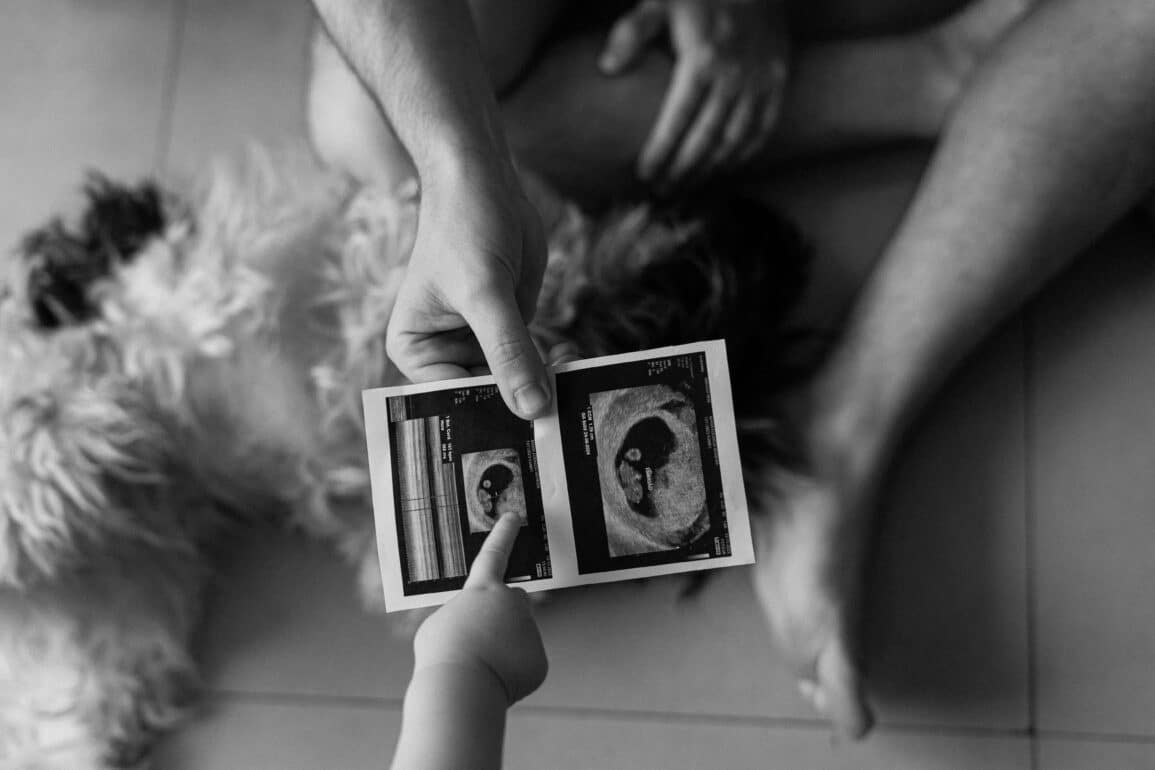“Find the embryo with the lowest risk of contracting a hereditary disease” This is how the company Orchid Health announces. This offer, aimed at fertility clinics and their clients, involves the complete sequencing of embryonic genomes obtained by in vitro fertilization (IVF) and costs US$2,500 per embryo.
It is not only about knowing monogenetic mutations such as the one that causes cystic fibrosis, but also about examining the possible genetic combinations that are at the basis of diseases such as schizophrenia, neurodegenerative disorders or severe obesity.
For some researchers, such as those who make up the Psychiatric Genomics Consortium (PGC), the company Orchid Health is inappropriately using their data in order to estimate the risks of suffering from a certain pathology. PGC is made up of more than 800 researchers who study the genetic and molecular foundations of mental health status. They maintain that this new test is based on data produced by Orchid in the last ten years and that restrictions on the use of data obtained in embryonic screening have been violated.
The goal of the PGC Consortium is to improve the lives of people with mental illness, not prevent their birth, says psychiatrist Patrick Sullivan of the University of North Carolina at Chapel Hill, founder of PGC and principal investigator. For this reason they oppose what they consider inappropriate. “Any use for commercial testing or for testing of unborn individuals violates the terms by which PGC & our collaborators’ data are made available.” This is what PGC recently declared, which represents the first public challenge from an academic institution to a company that uses its data to obtain a risk classification for suffering from a polygenic disease. “We can offer guidance on how these things should be used. The difficulty is that this type of official guidance does not appear anywhere in the marketing of these companies,” says Andrew McQuillin, a molecular psychiatry researcher at University College London, who previously worked at PGC.
For more than a decade, fertility clinics have conducted tests on embryos to determine whether they carry a disease-causing gene. This type of analysis is also controversial because it results in a form of eugenics. With the advance in sequencing methods, it is possible to better understand the genome from a few cells and catalog the risk with the so-called polygenic scores, which refer to various diseases, a product of the complex interaction between numerous genes and the environment. Specifically, Orchid ensures that its new method, through the biopsy of 5 cells, sequences more than 99% of the DNA of an embryo and assesses the risk of diseases such as breast cancer, atrial fibrillation referring to irregular heart rhythm, and some mental illnesses. , type 1 and 2 diabetes, and inflammatory bowel diseases. However, even with the most accurate sequencing system, in McQuillin’s opinion, polygenic risk scores do not effectively predict the risk of developing the disease. “They are useful in the context of research, but on an individual level, they are actually not very useful in predicting who will develop schizophrenia or not.”
Although PGC has conducted freely available studies identifying specific genetic variants linked to schizophrenia, it explicitly notes that they should not be used for Orchid’s intended purposes. Geneticist Mark Daly of the Broad Institute points out that the embryonic selection model proposed by Orchid can be described as “ethically repugnant” but believes that data such as those handled by PGC should be available to scientists. “The goal of studying disease genetics is to provide information about disease mechanisms that can lead to new therapies,” he says. In McQuillin’s opinion, a deep discussion is needed about what this type of embryonic selection entails and he says: “We need to analyze whether this is really something we should do. “It’s the kind of thing that, if it becomes widespread, in 40 years we will be asking ourselves: ‘What have we done?'”
From an ethical point of view, the selection of human embryos, in the in vitro fertilization procedure, has a very negative character, since it involves discarding living human beings due to their possible genetic defects that could result in the acquisition of certain diseases. Furthermore, in the case at hand, it is not clear that these small embryos are actually going to suffer from the polygenic diseases attributed to them, since it has not been proven that such an event can happen: the interaction between genes and their relationship with Environmental factors do not allow us to know if the individual will suffer from a certain pathology.










